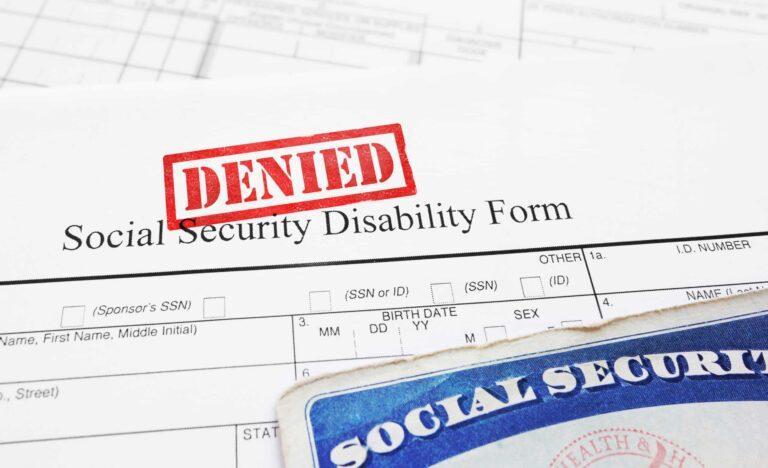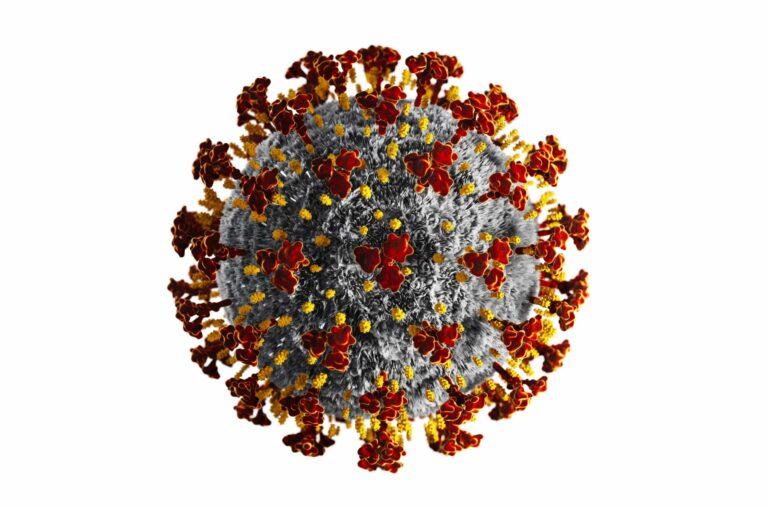Medicare Advantage (MA) plans serve more marginalized and disadvantaged communities than fee-for-service (FFS) plans, according to a report from research firm ATI Advisory, building on previous research that MA enrollees face unique challenges.
Latino beneficiaries are most likely to enroll in MA, followed by Black and Asian beneficiaries. Of the Medicare population, 69% of Latinos opt for MA. Black, Latino and Asian enrollees make up 27% of the MA program compared to the FFS Medicare program.
“Among beneficiaries of color, MA enrollees are demographically and geographically different from those in FFS Medicare; while their care experiences are similar, enrollees in Medicare Advantage spend less on health care,” the report said. Both groups have similar rates of chronic conditions and preventive care and experience similar quality of care.
Both Latino and Asian MA groups report a 41% difference in healthcare spending than their FFS counterparts, while data show Black beneficiaries are at a 36% difference in healthcare spending.
Black, Latino and white MA enrollees are more likely to report food insecurity than those in FFS Medicare. Latino and white beneficiaries are less likely to have graduated from high school.
For Black, Latino and white beneficiaries, MA enrollees are less likely to be burdened by healthcare costs than the same population segments through FFS Medicare plans.
The research also showed that MA beneficiaries live in more socially vulnerable counties, and MA members are 20% more likely to live in counties at high risk for negative impacts of natural hazards like floods, wildfires and droughts.
The new findings come on the heels of a recent white paper by Harvard Medical School and Inovalon, a Maryland-based healthcare analytics company. It found that MA enrollees are more than 50% more likely than FFS enrollees to be enrolled in an HMO, the average income is less and MA enrollees are less likely to earn a higher education degree or own a home or car.
Source: Fierce Healthcare
TheBeat Daily



